-
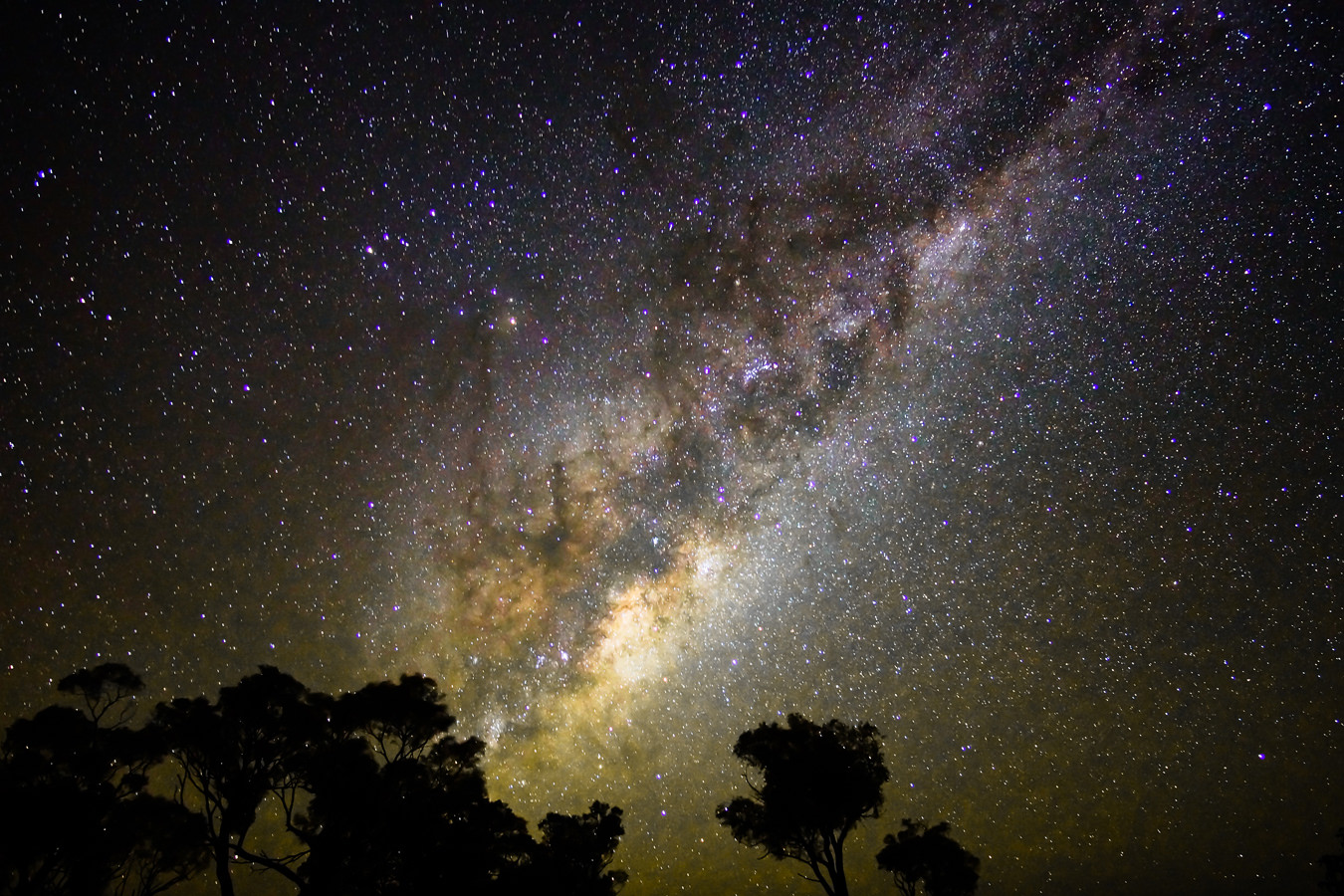
Ayers Rock, Australia. A 30-minute drive from the Uluru-Kata Tjuta National Park, Sails in the Desert is well-positioned to make the most of the Australian outback (the Uluru, or Ayers Rock, is the property’s backyard). The region’s sunsets are world-famous, and dinner beneath the stars after one would certainly be a grand, romantic gesture.
-
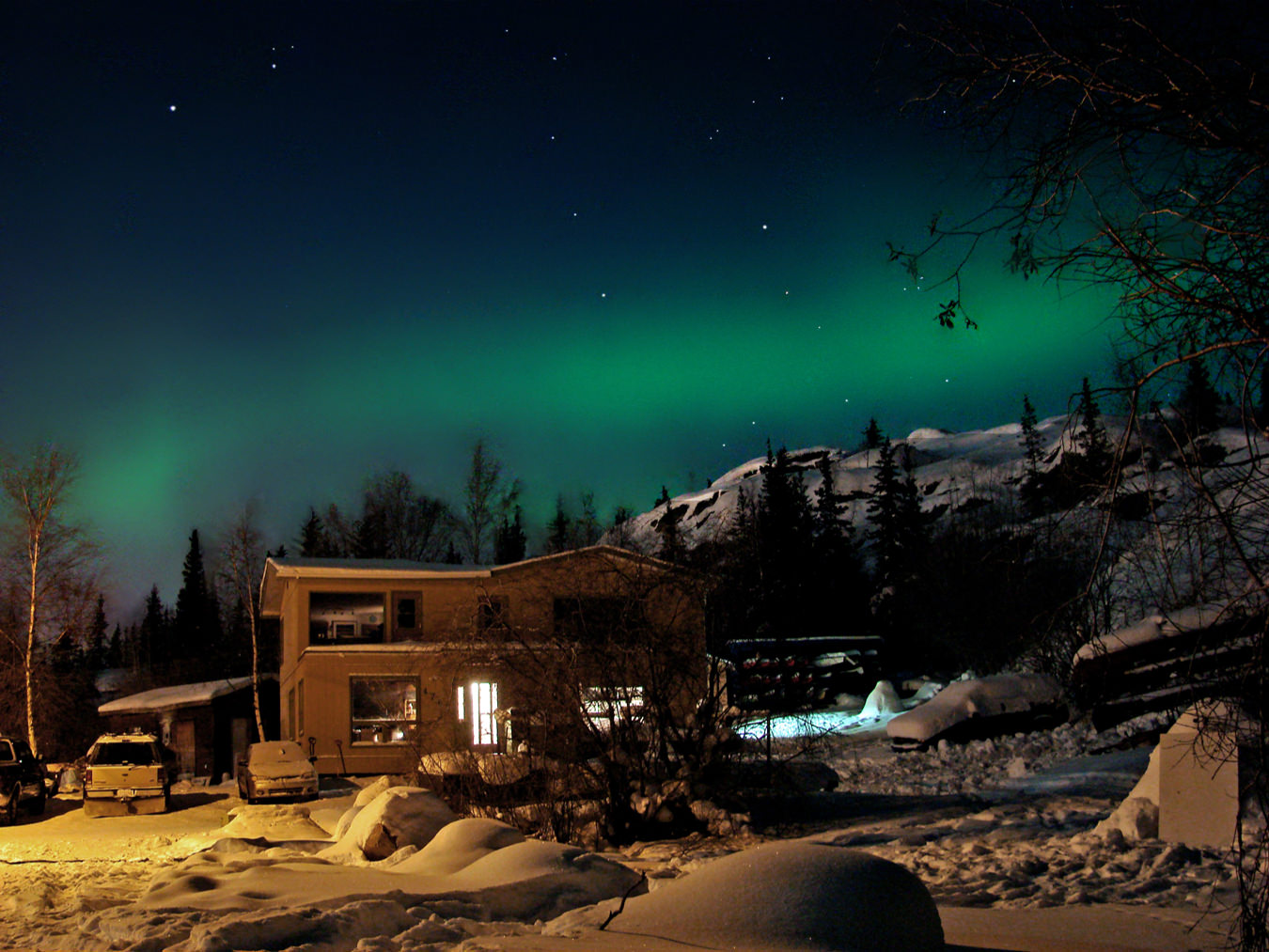
Yellowknife, Canada. Yellowknife, capital of the Northwest Territories, sees a high annual incidence of the Aurora Borealis. If one catches the astral phenomenon from the banks of the Great Slave Lake (Narwal B&B is a convenient stake-out), the lights illuminate a completely unobstructed sky.
-
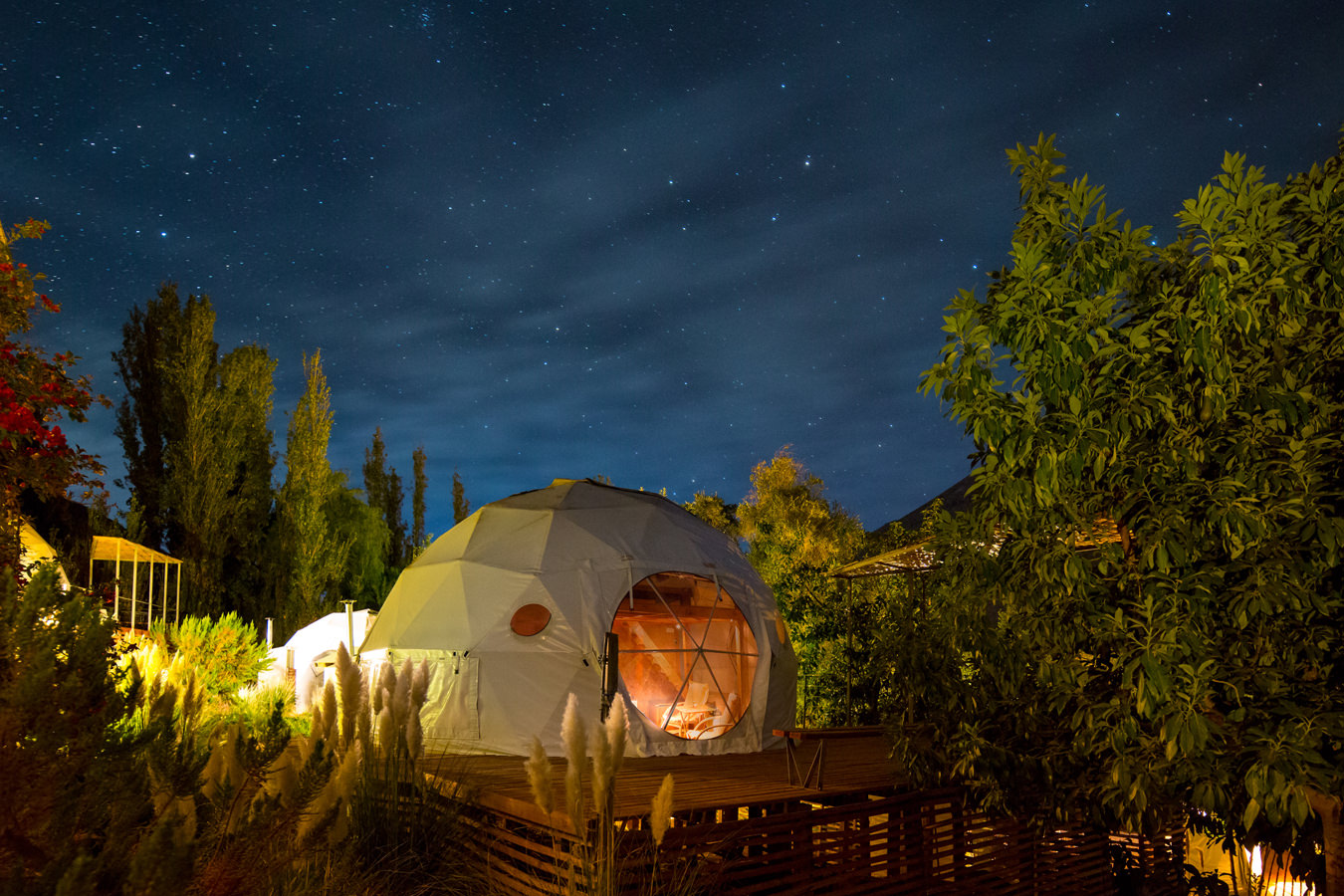
Horcón, Chile. Nestled along the Andes, the village of Pisco Elqui sees 300 sunny days a year, making for reliably clear night skies. These can be seen especially well from the nearby Elqui Valley, where the luxury, observatory-like camp of Elqui Domos offers modern, skylight-roofed cabins.
-
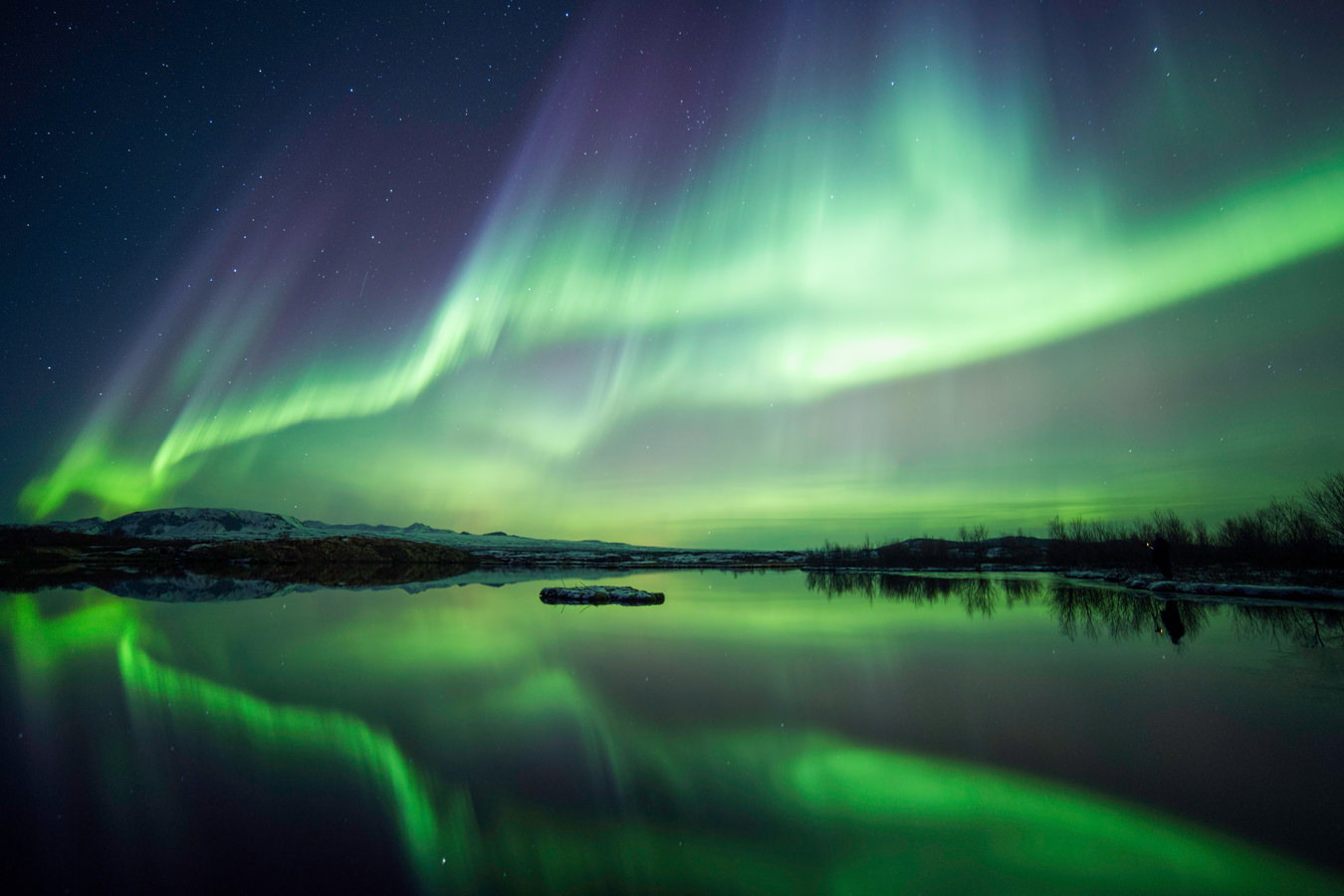
Thingvellir, Iceland. Wide open spaces, spectacular nature, and remarkably dark skies draw many to Iceland. Situated near Thingvellir National Park, the Ás Holiday Home retreat is peaceful and perfect for those hoping to bask in the universe’s beauty, far away from any urban bustle.
-
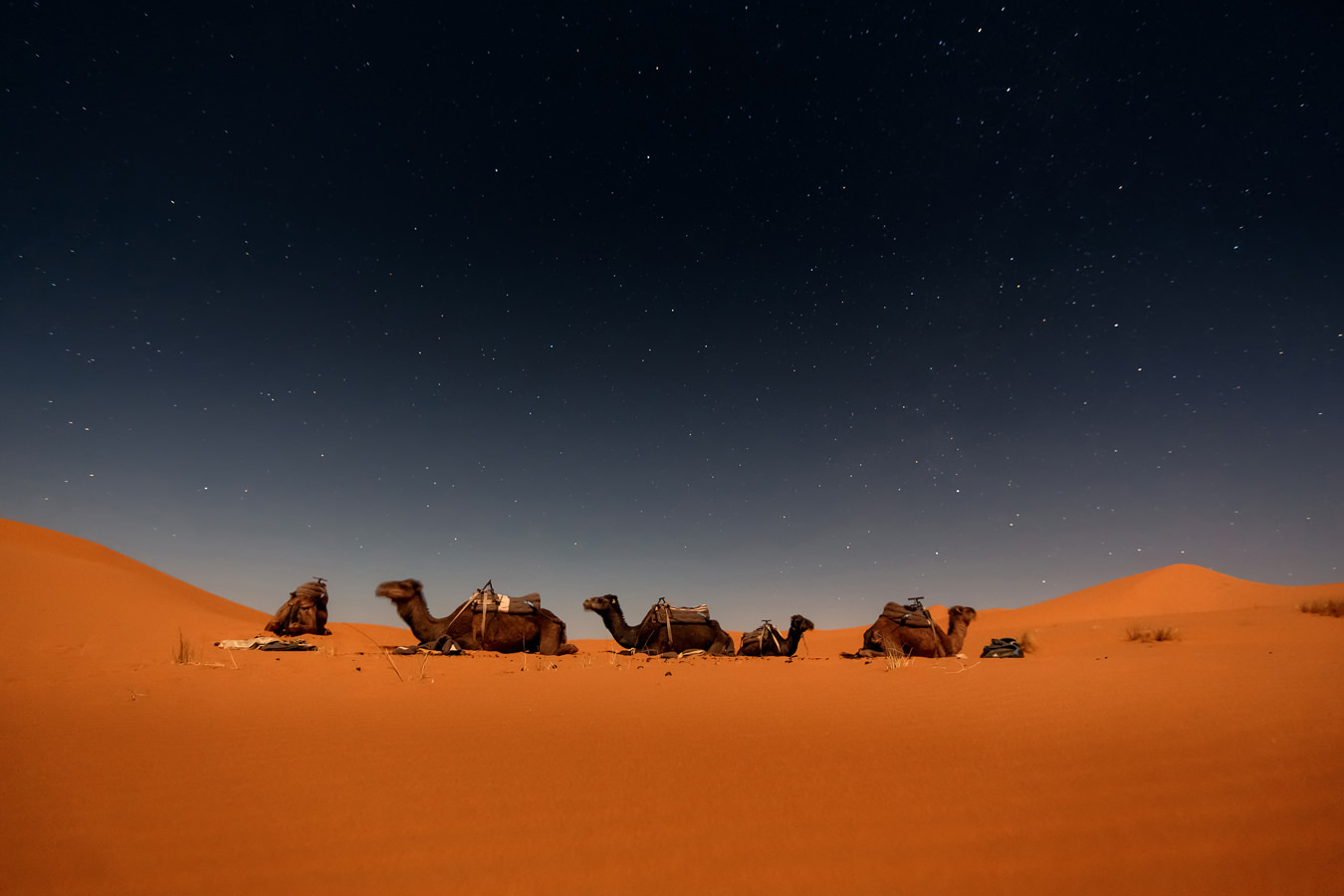
Merzouga, Morocco. If one chooses to stay at the Kasbah Azalay Merzouga, a quick walk from the golden Erg Chebbi Sand Dunes, the hotel concierge can organize a camel ride with the welcoming Berber population up 350-metre dunes. But it’s dusk when the show really begins: the stunning desert sunset is only a prelude to a night sky spectacle that will leave one, well, star-struck.
-

Jasper, Canada. At 11,000 square kilometres, Jasper National Park is home to one of the world’s largest dark sky preserves, and hosts the annual Jasper Dark Sky Festival in October (which, this year, will feature Bill Nye and George Takei as speakers). The Pyramid Lake Resort sits on a private beach amid the Canadian Rockies free from light pollution, making it the perfect spot to stargaze.
-

Quebec, Canada. Parc national du Mont-Mégantic is home to an International Dark-Sky Association reserve and features a public AstroLab observatory with a 24-ton telescope for an unbeatable vantage of the stars—though one may also enjoy a perfectly comfortable view of the cosmos from a private outdoor hot tub at the nearby B&B Le Bonheur.
-

Sedona, U.S.A. When situated in Sedona, one may spot cosmic wonders like the Andromeda galaxy with a naked eye—but it’s best to grab a tour with a telescope so as to marvel at binary stars and the Orion nebula as well. The Amara Resort and Spa may be the most appropriate home base for this cosmic journey—with stunning desert views, it, too, is otherworldly.
8 of the World’s Best Places to Stargaze
Cosmic journeys.
The term “valuable natural resource” immediately recalls a particular clutch of sacred commodities that support the wellbeing of humans and our environment: drinkable water, healthy forests, clean air. But while less avidly protected by environmental initiatives, darkness, too, is a natural resource, and one which, according to the Arizona-based International Dark-Sky Association, is direly endangered. Light pollution negatively affects nocturnal animals, from baby turtles to migrating birds, augmenting their behavioural patterns. (It also inhibits the production of melatonin, a restorative hormone, in humans.) And it’s not an isolated issue; light pollution spreads, travelling as far as 322 kilometres from its origin. In order to stem the depletion of darkness, an increasing number of natural sites are being designated as international dark-sky sanctuaries. As a result, the prospects of astro-tourism, a burgeoning industry which melds scenic beauty, education, and often luxurious accommodations, are looking up. And for good reason: astro-tourism, remote by nature, provides travellers with what they cannot find at home. On an average, clear night, a city dweller may see 500 stars, while some 15,000 visibly speckle a truly dark sky. Here, a selection of eight celestial luxury travel destinations, in Canada and far beyond, from where to delight in seeing stars (and more).
Originally published August 9, 2016.
Photos courtesy of Booking.com.




